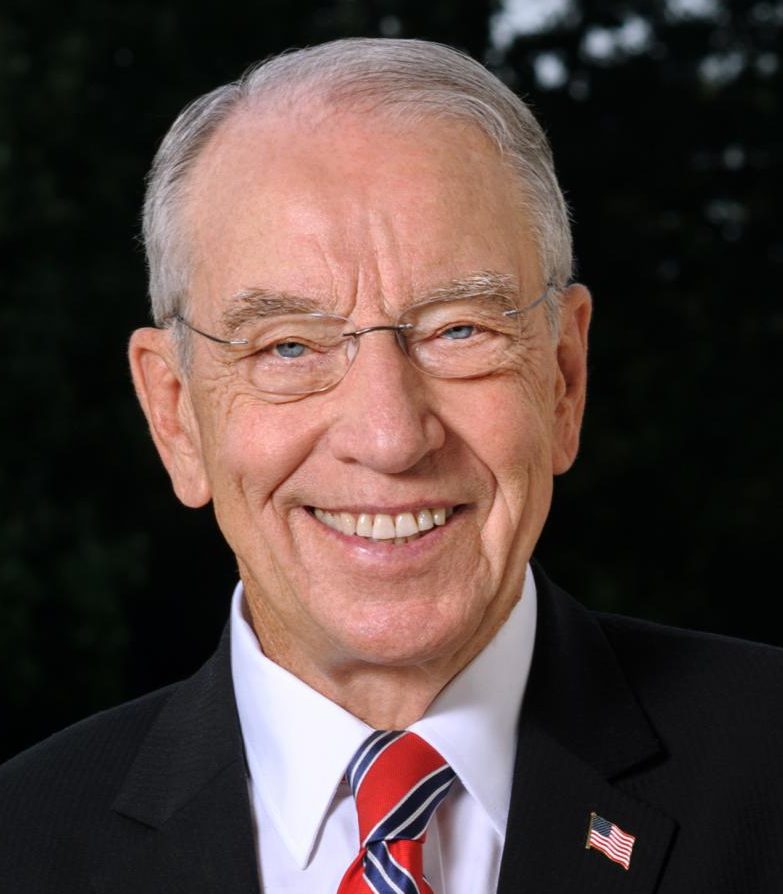Countless lessons await medical scholars, political scientists, economists and students of history when future generations look back at the coronavirus pandemic. COVID-19 effectively shut down life as we know it in the 21st century, turning lives and livelihoods upside down.
They will note the medical and health sciences community immediately started digging into the viral evolution of the coronavirus in the race to develop vaccines, antiviral drugs and lifesaving treatments. For the sake of public health and restoring our economic health, let’s hope the rear-view mirror reflects record-breaking discoveries.
In the meantime, our health professionals and first responders today are joined by legions of front-line workers who are staying on the job to provide essential goods and services for the public.
Our nurses, doctors, respiratory therapists, nursing home staffers and many others are providing direct care to COVID-19 patients. They are putting their own lives at risk to save others. The same goes for paramedics, pharmacists and first responders in our fire and police departments who continue to serve our communities.
Society also owes a debt of gratitude to unsung heroes in our communities. The moms and dads who report to work at the meatpacking plant, the grocery store, the sanitation department, the utility company and other public works departments. Now more than ever, society depends on people who can’t do their jobs from home. I’m talking about workers all along the supply chain in production, packaging and distribution. The farmer who grows our food. The maintenance worker who repairs tractors, trucks and machines when equipment breaks down. The technicians who service heating and cooling systems. The plumbers and electricians who ensure the lights go on and toilets flush in homes, factories and hospitals. The shelf stockers, delivery drivers and people working in the trenches of our transportation, energy and communication grids are on the job, working on the front lines of this pandemic.
The nationwide effort to stop the spread and stay at home is an unprecedented undertaking. The financial fallout is impacting the lifeblood of our communities. Farmers, retailers and restaurants have lost customers and revenue. Long-term care facilities are closed to visitors and commerce is shut down on Main Street. With schools closed, educators and parents are teaming up for online home instruction. Religious leaders are keeping the faith with their congregations with remote worship. Families are hunkering down to “flatten the curve” and save lives.
COVID-19 is testing the fabric of society in ways big and small, unraveling our way of life and the seams crisscrossing everyday life. Iowans of all ages are coping with the disruption affecting life events, from weddings, funerals and graduations to sports seasons and birthday celebrations.
As all of us heed the need for social distancing, I look forward to reconvening my annual 99-county meetings in the months ahead. In the meantime, I’m listening to Iowans, conducting meetings by phone and continuing my daily schedule from my farm. Until lawmakers are called back for votes in the U.S. Senate, Barbara and I will follow Gov. Reynolds’ guidance to stay home.
For generations, Iowans have pulled together in times of need. This once-in-a-century pandemic is no different. The silver lining is threaded throughout close-knit communities across our state. Farmers in northern Iowa donated hogs to area families struggling to put food on the table. A restaurant in Corning opened its kitchen to give meals to hungry kids in the local community. A teacher in Waterloo donated a stockpile of acetate to help produce face shields. Iowans are loaning their campers and RVs to provide free housing for health care workers. Distilleries, ethanol plants and factories are shifting gears and adjusting operations to make hand sanitizer and sew protective face masks. Businesses are donating money for depleted food banks. Members of the Iowa National Guard are delivering essential supplies to every county in the state. The list goes on and on.
Iowans will get through this crisis together. We are using innovative ways to keep in touch and support one another. When history looks back at our response to this pandemic, I’m proud one of the lessons it will teach future generations is the Iowa legacy we are carrying forward. From health care heroes to community helpers and citizens staying home to stop the spread, our heritage of service and sacrifice will stitch our lives and economy back together stronger than ever before.
















